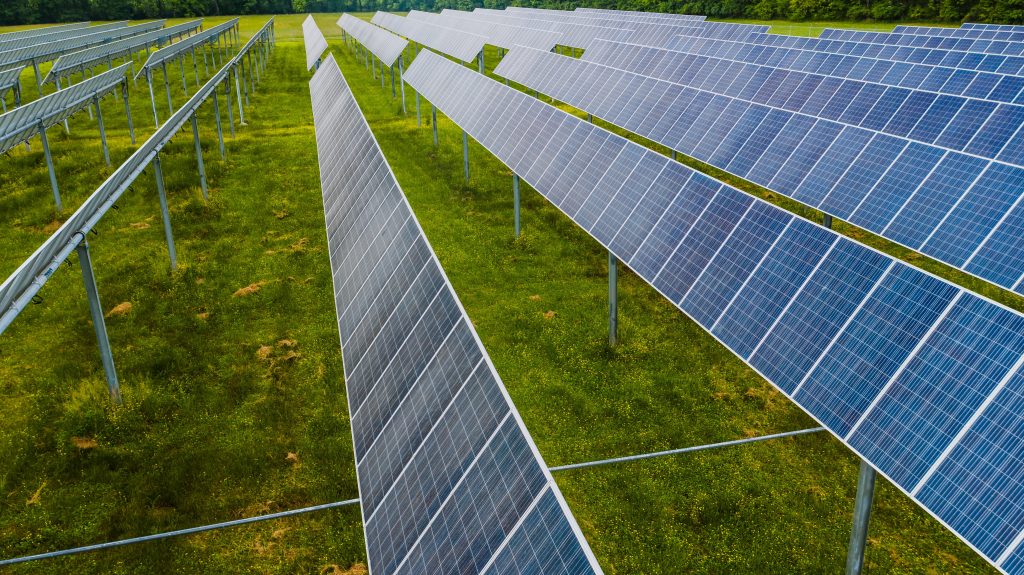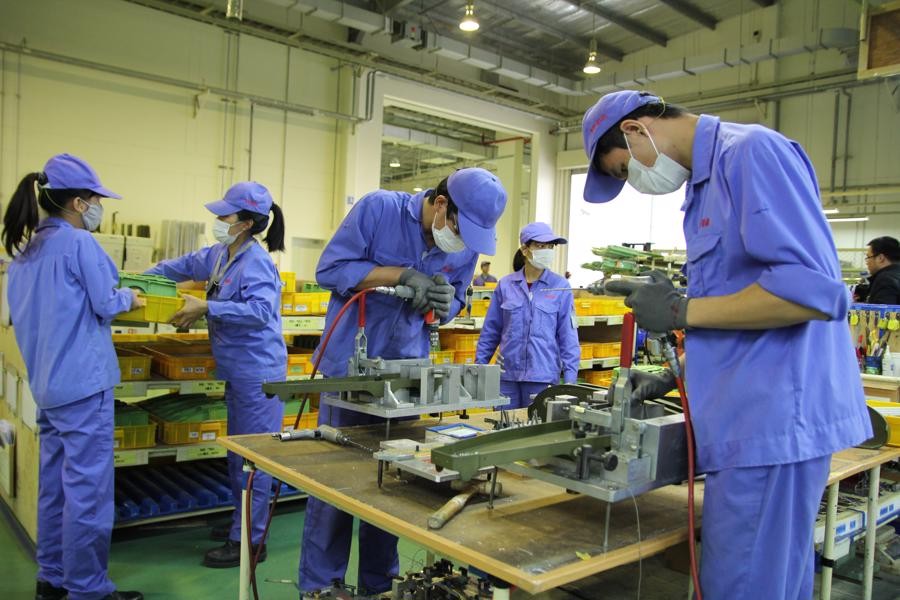In the context of global inflation pressures, rising interest rates, and increasing energy prices, however, most international organizations and foreign economic experts are optimistic about the prospects of Vietnam’s economic growth this year and recognize its importance in the global supply chain.
Vietnam is among the 15 countries worldwide with the potential for high GDP growth, with projected growth rates of 7.2% for this year and 6.7% for 2024. Economists such as Tim Leelahaphan have highlighted the importance of Vietnam’s role in the global supply chain during a recent seminar titled “Updates on Global Economic and Financial Outlook: Impacts on Vietnam.”
The Vietnam inflation rate of around 6% this year, higher than last year, which could affect certain supporting labor workforce. The jobs are raising from tourism and trade as benefitting from China’s opening up, however, export growth is likely to face global challenges, especially as Vietnam aims for green exports to adapt to the global green supply chain.
Vietnam’s competitive labor costs remain a key factor in attracting manufacturing plants and enhancing its strength in the global supply chain. Approximately 60% of Japanese businesses are planning to expand their investments in Vietnam, which is a positive sign of Vietnam’s strength in the global supply chain. However, as automation, digitalization, and robotization continue to advance, and then basic manual labor jobs will be replaced, leading to the need for more skilled workers. The challenge of restructuring the labor force to address unemployment and enhance workforce skills must be addressed to compete with countries such as Bangladesh, China, India, and Indonesia.
Recently, Boeing has expressed its desire to strengthen its investment and supply chain development in Vietnam, with seven suppliers currently located in Vietnam, but mostly through Japanese and South Korean partners. To increase the value-added of Vietnam’s factories and assert its position, Vietnam needs to improve the quality of its workforce and expand factory capacity. Boeing intends to collaborate on workforce training with science schools to prepare for its expansion strategy in Vietnam. Similarly, VinFast has expanded training and skill conversion for specialized production labor by opening VinUni University.
Therefore, it is evident that to affirm and enhance Vietnam’s position in the entire green supply chain, there are certain challenges such as workforce capacity, digital transformation, green exports need to be addressed. This transformation must come from each business’s sustainable development in green growth, including changing leadership mindsets related to environmental standards.
Actually, this is a trend that companies must grasp and adapt to. Emphasis must be given to training and innovating thinking methods, as well as changing management approaches in each business, to gradually enhance Vietnam’s position in the global green supply chain and move towards green growth.
As Vietnam transitions toward green growth and embraces the global green supply chain, we are committed to supporting businesses on their journey. Our expertise in workforce development, recruitment, training, and innovative HR strategies positions us as a trusted partner in driving Vietnam’s progress toward sustainability and enhancing its position in the global green supply chain.


Head of Market Intelligence, PeopleWise Vietnam.
As a Ph.D. Student, Research in Economics, Tuyen Le provides market insights, industry trends, and research on labor and workforce effectiveness. Through her research and analysis, she helps business leaders identify potential risks and threats to their businesses and industries, allowing them to take preemptive measures and invest with calculated risks and outcomes.

